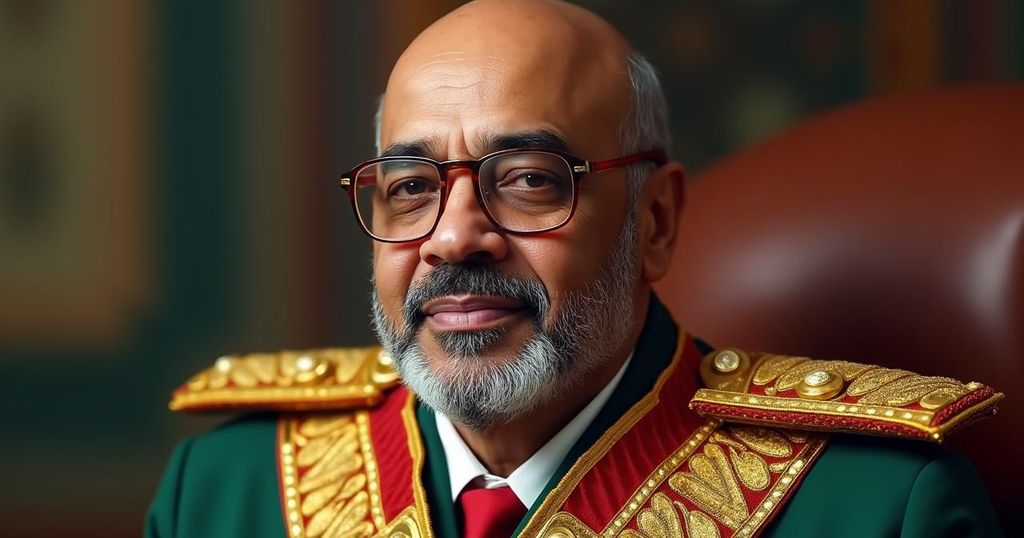Omar al-Bashir, born on January 7, 1944, was a Sudanese military officer who overthrew the elected government in 1989 and ruled as president until his ousting in 2019. His administration was marked by the implementation of Islamic law, conflicts with the SPLA and in Darfur, and significant human rights abuses. Facing widespread protests against his governance and allegations of war crimes, Bashir was removed from power after a military coup. His subsequent prosecution reflects the challenges of accountability in post-authoritarian transitions.
Omar Hassan Ahmad al-Bashir, born on January 7, 1944, in Hosh Wad Banaqa, Sudan, rose through the military ranks to become one of Sudan’s most prominent leaders. A military officer who orchestrated a coup in 1989, Bashir overthrew the democratically elected government of Prime Minister Sadiq al-Mahdi. He established himself as the chairman of the Revolutionary Command Council for National Salvation, initially dissolving parliament and suppressing political opposition. During his presidency, which began in 1993, he implemented Islamic law and faced persistent conflict with the southern Sudan People’s Liberation Army (SPLA). Bashir’s regime was marked by attempts to quell civil unrest and promote economic stability, but his governance was marred by accusations of human rights violations, particularly during the Darfur conflict that erupted in 2003. The United Nations and various human rights organizations condemned his administration for using brutal tactics against rebel factions and civilians. In 2008, he became the first sitting president to be charged with war crimes and crimes against humanity by the International Criminal Court (ICC). Despite facing international isolation and internal strife, Bashir was reelected in 2010 amid allegations of electoral fraud. However, the landscape began to change dramatically in 2018 with widespread protests against his authoritarian rule and dire economic conditions. These protests culminated in a massive demonstration in April 2019, leading to his ousting by the military.
Omar al-Bashir’s life and political career are emblematic of the challenges faced in Sudan over decades of conflict, governance, and shifting power dynamics. A military officer by training, Bashir’s rise to power through a coup d’état reflects the long-standing history of military intervention in Sudanese governance. Under his rule, the implementation of Sharia law deepened divisions in the country, leading to prolonged civil unrest and conflict, particularly in the Darfur region. Bashir’s complex relationship with both domestic and international players highlights the difficulties in establishing a stable governance framework in contexts marked by ethnic and cultural divides. The international scrutiny Bashir faced, especially from the ICC, illustrated the global implications of sovereign actions that contravene human rights norms. Ultimately, his downfall following extensive protests marks a pivotal moment in Sudan’s ongoing struggle for democracy and stability.
Omar al-Bashir’s presidency is characterized by a mixture of authoritarian control and significant civil strife. His regime faced severe criticism for its human rights record, particularly during the Darfur conflict, leading to unprecedented legal consequences from the ICC. The eventual popular uprising that resulted in his ouster reflects the growing discontent with oppressive governance and marks a significant shift in Sudan’s political landscape towards an uncertain future. As Sudan navigates the aftermath of his regime, the enduring impact of Bashir’s policies and actions will remain a crucial chapter in the nation’s history.
Original Source: www.britannica.com







